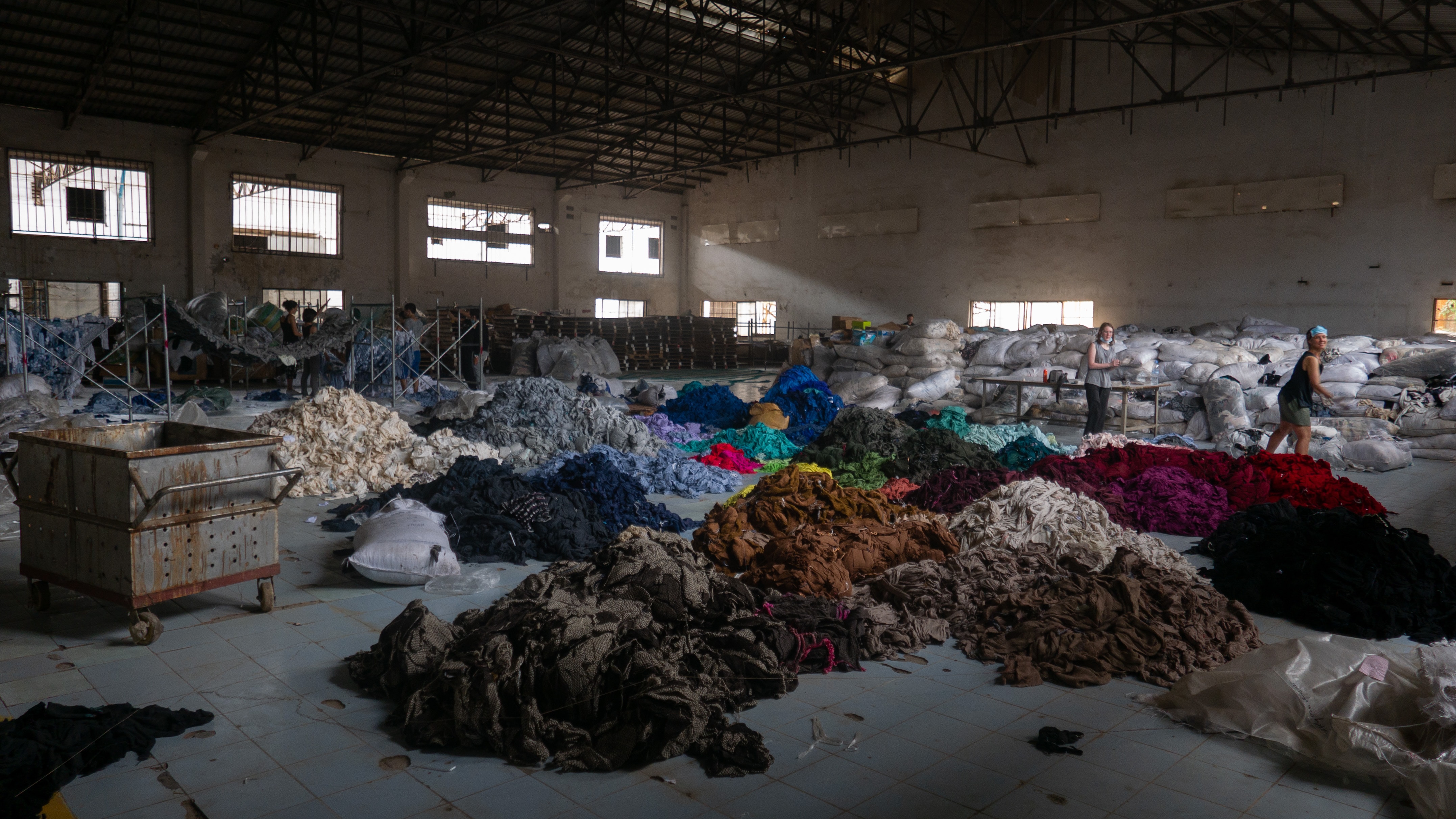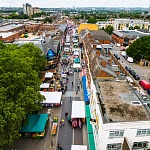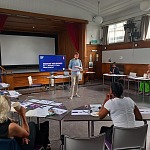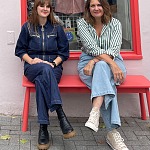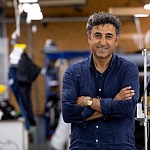Waltham Forest's fashion and textile businesses stand at the forefront of reshaping the industry's narrative, with a specific focus on revolutionizing the conventional linear model. This model, marked by a take-make-waste approach, has long been associated with substantial carbon emissions and excessive waste generation. To counter these challenges, the embrace of a circular economy becomes paramount, offering a systematic solution to eliminate waste, foster product and material circulation, and regenerate nature.
The Circular Economy: Crafting a Sustainable Paradigm
At the heart of sustainability lies the circular economy—a pathway that beckons the textile industry to redefine its modus operandi. Three core principles guide this transformation: the eradication of waste and pollution, the circulation of products and materials, and the regeneration of nature. For Waltham Forest's fashion businesses, this represents an opportunity to not only thrive but also significantly curtail their carbon footprint.
Eliminating Waste and Pollution: Crafting a Greener Tomorrow
The circular economy mandates a zero-tolerance policy for waste and pollution across all stages of the product lifecycle. For Waltham Forest's textile industry, this entails the adoption of sustainable production processes, curbing water usage, and minimizing chemical pollutants. By implementing cleaner and more efficient manufacturing techniques, the industry can tangibly diminish its environmental impact, thereby reducing carbon emissions.
Circulating Products and Materials: Sustaining the Style Revolution
In Waltham Forest, the ethos of product and material circulation takes centre stage, advocating for the extension of textiles' lifespan. Here, a focus on repairing, reselling, and redistributing products becomes instrumental. Repairing damaged textiles not only cuts down on waste but also conserves the energy and resources embedded in each item. Meanwhile, the reselling and redistribution of second-hand textiles actively diminish the demand for new production and, consequently, the associated carbon emissions.
Regenerating Nature: Nurturing the Planet's Health
Beyond business operations, Waltham Forest's textile industry is encouraged to partake in practices that actively restore ecosystems and natural resources impacted by production. This involves initiatives such as reforestation, sustainable land use, and responsibly sourced raw materials. By prioritizing regenerative practices, the industry can mitigate its adverse environmental effects, playing a crucial role in bolstering the overall health of the planet.
In essence, Waltham Forest's fashion businesses have the unique opportunity to lead the charge in transforming the industry narrative. By embracing circular principles, they not only pave the way for a more sustainable and resilient future but also set an inspiring example for the broader fashion landscape.
